Photos: The Robotic Evolution of Self-Driving Cars
In the Beginning
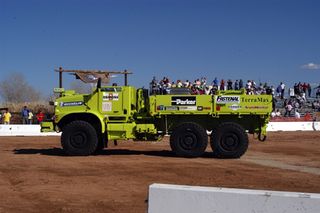
The Defense Advanced Research Projects Agency (DARPA), the arm of the U.S. Department of Defense responsible for advancing military technology, fostered the development of key technologies for robotic, self-driving cars. Through its Grand Challenges, DARPA has driven innovation and collaboration within the research community.
The first DARPA Grand Challenge was held in 2004. This driverless TerraMax vehicle, designed by Oshkosh Defense, was one of the competitors in the agency's first competition.
2004 DARPA Grand Challenge
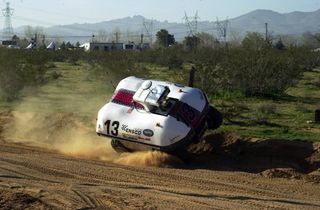
In the 2004 DARPA Grand Challenge, none of the robotic, self-driving cars successfully finished the challenging course from Barstow, Calif., to Primm, Nev.
Overcoming Obstacles
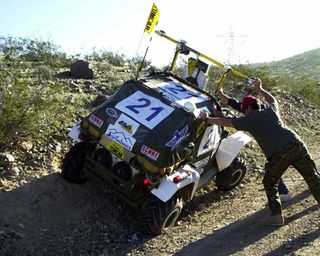
In DARPA's 2004 Grand Challenge, none of the competing self-driving vehicles successfully completed the course. Yet, the lessons learned paved the way for successful runs in the next challenge, 18 months later.
2005 DARPA Grand Challenge
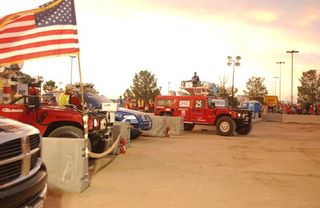
In DARPA's second Grand Challenge, held in 2005, five out of 195 participating teams successfully completed the course.
Off-Roading
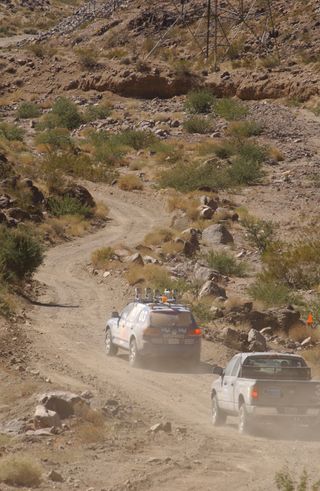
In the 2005 Grand Challenge, self-driving cars had to navigate through a 132-mile (212 kilometers) course across southern Nevada.
Put to the Test
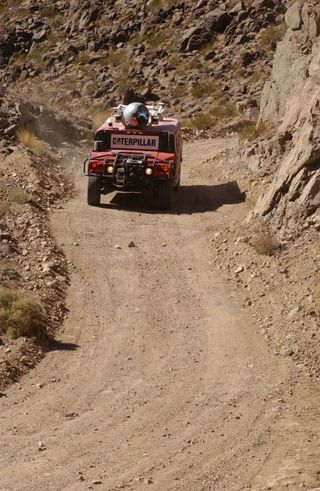
An robotic, driverless car tackles the challenging course in the 2005 DARPA Grand Challenge.
Sign up for the Live Science daily newsletter now
Get the world’s most fascinating discoveries delivered straight to your inbox.
Through the Desert
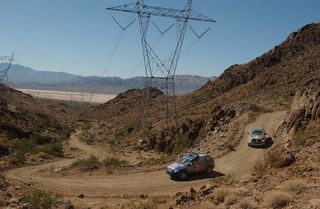
Self-driving cars had to navigate through a challenging 132-mile (212 kilometers) course across southern Nevada in DARPA's second Grand Challenge, held in 2005.
Upgrading Technology
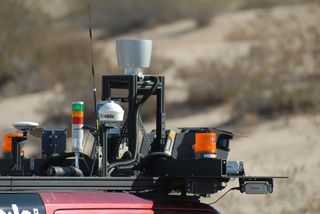
Improvements to sensors helped teams navigate a more complex course during DARPA's 2007 Urban Challenge.
Checkered Flag
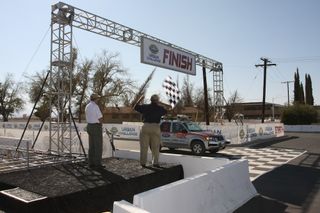
DARPA's Urban Challenge, held in November 2007, demonstrated the technological feasibility of self-driving ground vehicles.

Denise Chow was the assistant managing editor at Live Science before moving to NBC News as a science reporter, where she focuses on general science and climate change. Before joining the Live Science team in 2013, she spent two years as a staff writer for Space.com, writing about rocket launches and covering NASA's final three space shuttle missions. A Canadian transplant, Denise has a bachelor's degree from the University of Toronto, and a master's degree in journalism from New York University.